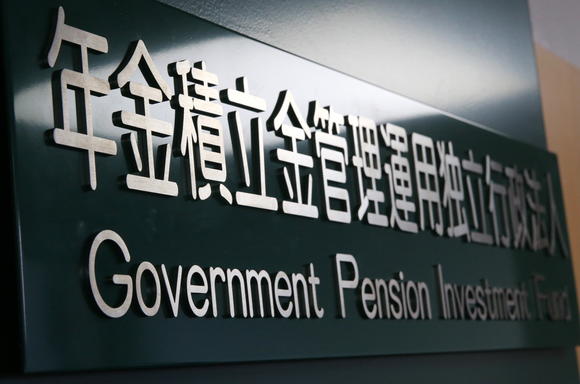This summer, the world’s largest pension fund expanded its focus on environmental, social and governance investing. Japan’s $1.26 trillion fund is so big it can actually drive the market. Immediately after the Japanese pension fund’s announcement expanding its ethical investment to 10% of its portfolio, stocks on the ESG indices spiked. In other words, pensioners and shareholders profited purely off of the ethical performance of certain companies.
A growing proportion of pension funds are going ethical – Norway, at $900 billion in assets, has long been a leader in ethical investing, as has California’s $323 billion fund, Calpers. In August, the UK Pensions Regulator warned that its trustees were creating long-term financial risk by failing to take climate change, responsible business practices and corporate governance into account when making investments. In response, the industry’s largest consultants pledged to pressure asset managers to improve ethical standards at listed companies.
Part of what makes Japan’s shift such a big story, beyond the enormity of its fund, is that the country has long been underrepresented in discussions of business and human rights. The pension fund’s move is likely to shape the business decisions of Japan’s major publicly traded companies. First, companies have an increased incentive to be listed on one of the three ESG indices the pension fund is now tracking. Since the fund has signaled a strong intention to make its investments ethical, companies that don’t meet ESG standards could rightly fear being left behind. The fund is already pouring roughly $29 billion into ethical investing – how much will that increase in the future? Additionally, the move is expected to prompt smaller Asian corporate and public pension funds, which have so far been slow to adopt ESG investments, to allocate more into such stocks.
Second, companies could face substantial reputational risk if they get cut from the indices for failing to meet ethical standards. The chief executive of FTSE Russel, which compiled one of the three indices, told Reuters he sees this as an opportunity “to improve the ESG practices of companies in Japan.”
Now that there is a major market incentive to get onto the indices, are companies going to try to game the system, or will they engage meaningfully on their human rights risks? It depends. As noted above, mere lip service won’t suffice if companies end up getting booted from the indices for poor ESG performance. However, many (western) companies have grown practiced at developing public reporting to present ethical operations, while concealing major social risks. Two thirds of portfolio managers recently polled said they used corporate reports and statements to evaluate ESG performance – only 3% went beyond regulatory filings, corporate engagement and public information review. That makes ESG standards pretty easy to circumvent – particularly the Social standards, which cannot be legitimately benchmarked by carbon emissions figures, codes of conduct, and other internally drafted reports. What’s more, most firms (54%) outsource their ESG expertise to third parties – only 31% of portfolio managers have internal training on ESG issues in investment analysis. The FTSE index selected by the Japanese pension fund is developed by experts in ESG, but it relies on publicly available information, supplemented by company comment. This gives companies an opportunity to refute NGO allegations, but it leaves no room for NGOs to provide a counterpoint. It has left FTSE’s ethical funds vulnerable to criticism that, in the UK, its largest holding is HSBC, the bank that laundered money in Mexico for drug cartels and manipulated LIBOR interest rates. Its second largest holding, Royal Dutch Shell, is currently mired in a $1.3 billion corruption scandal in Nigeria.
That’s not to undermine the value of ESG funds overall, but rather to stress that we do not have tried-and-true models for benchmarking actual ESG performance. To the credit of Japanese businesses, they are not looking to merely copy existing (western) approaches. Supported by consultants at EY and the Global Compact Network of Japan, some Japanese business leaders are looking to vet their own operations for risks, rather than rely solely on their CSR reports to generate good ESG scores. It will be worth watching how they approach ESG going forward.


